Mulberry and Pluto are often unfairly characterised as a British-only inventions, but US forces also brought a couple of their important innovations to D-Day logistics.
The Rhino ferry consisted of several steel pontoons connected with steel straps and angle sections that could be formed into pontoons or causeways. The complete assembly was powered by two 60-horsepower engines, as can be imagined, they were woefully underpowered. The top speed when loaded was 3 knots and in the poor weather, they were unmanageable.
However, 36 Rhino ferries were used on Utah and Omaha beaches, towed across by LST. They were joined by 12 causeway tugs, 12 warping tugs, 2 floating dry docks and a couple of repair barges.
They were also used on the British and Canadian beaches to good effect. To reduce the need for the LSTs to the beach, vehicles drive off the LST and onto a Rhino ferry before the ferry proceeds to the beach. This protected the valuable LSTs from the threat of mines in the surf zone until completely cleared, and from direct fire during initial landings.
Despite their susceptibility to poor weather, they provided sterling service throughout the period as both ferries and causeways.
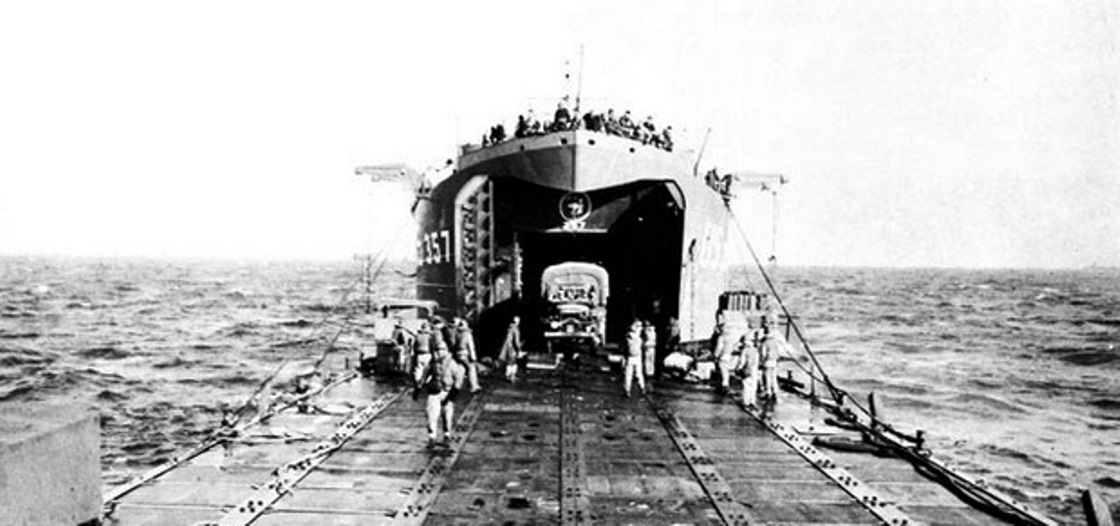
The second major US innovation was the DUKW.
The DUKW became indispensable because not only could they ferry stores to the beach, they could take them directly inland to the numerous dumps.
This factor alone meant the DUKW should be considered a war-winning vehicle.
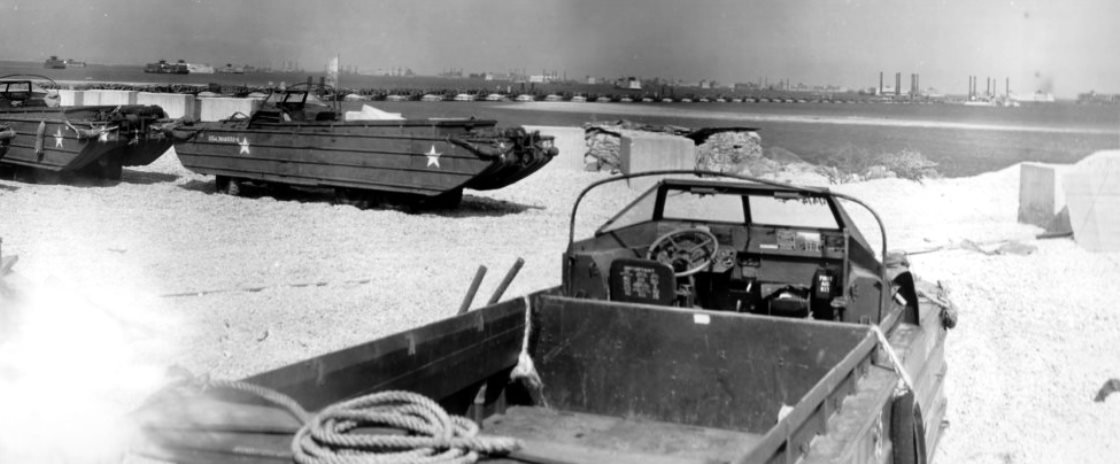
Whilst Mulberry was being built, LSTs and DUKWs also did sterling work, but the DUKWs could not unload large stores, bridging equipment for example, and the LSTs, once beached, had to wait for the tide to re-float.
LSTs also had problems with heavy vehicles and artillery because the sand was unable to bear its weight without significant and time-consuming reinforcing.
Discharging at a Mulberry LST pier took, on average, 64 minutes, compared with several hours when discharging onto the beach. It is fair to say that the DUKW was the unexpected superstar of D-Day because they could take their loads directly inland to store dumps without creating a disorganised collection of boxes and jerry cans on the beach.
Read more (Amazon Affiliate Link)

Discover more from Think Defence
Subscribe to get the latest posts sent to your email.

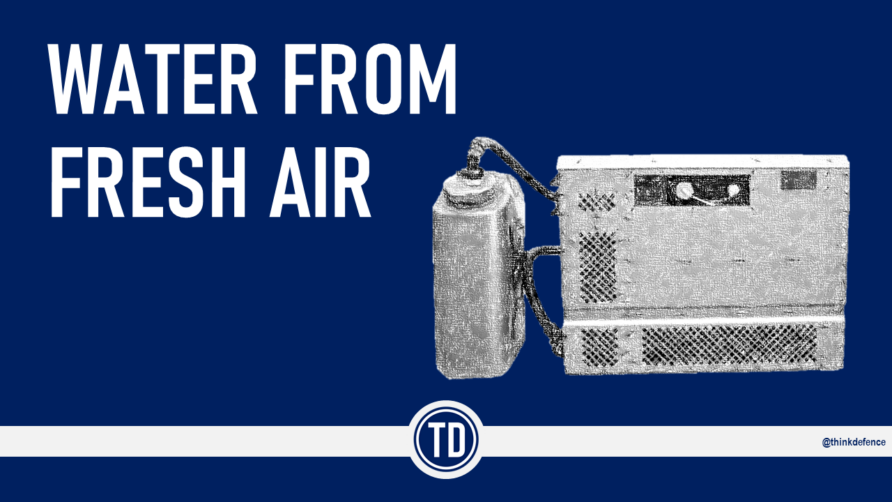
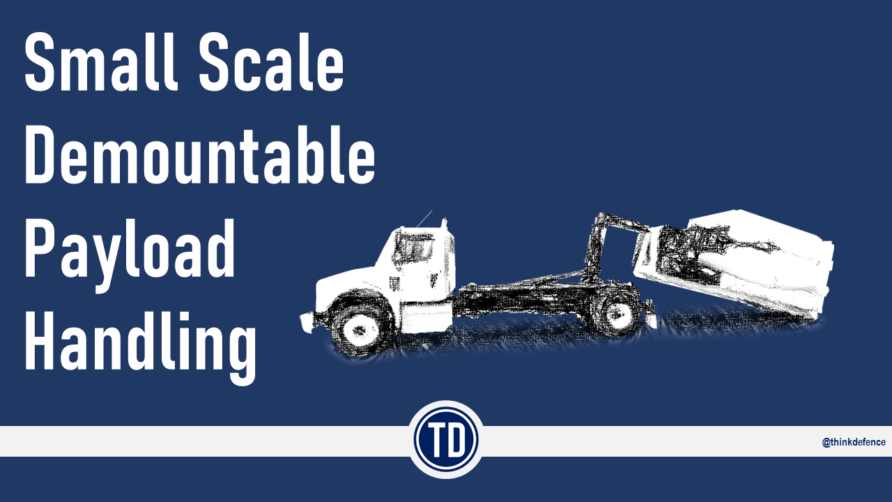
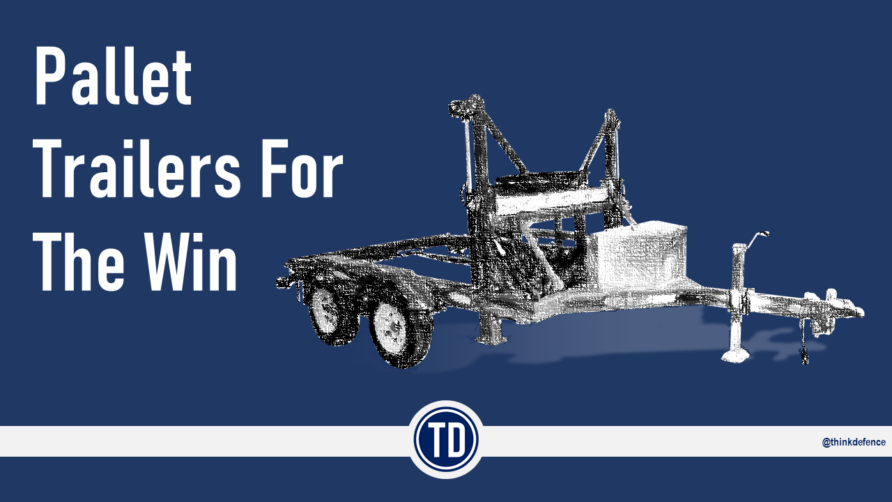
You are incorrect about LSTs needing high tide to refloat. They were equipped with two stern anchors. These were deployed before beaching. After unloading the anchors chains and propellers were used to pull the ship off the beach.
Excellent as usual, and particularly timely. I am particularly interested in the organization of logistics supply during Overlord and subsequent Cobra operations. Can anyone suggest some good reading material on logistics and on planning for Normandy or other major amphibious operations (disclosure: for an academic article)?
Interesting to see about 4 “Sea-planes” sat in the harbour in the video showing the Rhino pontoon (about 2:38 minutes in).
The DUKW is such an ingeniously simple idea you wonder why it nobody has some thing similar today.
As a former Infantryman and A/G W02 it always cheers me to see the capacity for innovation that the UK and its Cwlth and the USA can deliver
cooperatively, when needed.
The Rhino were designed to be just ‘enough’ for the task ,war engineering perfect when there was so many huge demands on material
Stephen?
I can remember back to 1968 and through to 1978, when i was in Australia’s CMF and there a few DUKWs still around.
The NL sections could do so much more than just be a Rhino, it was a highly flexible system, they even made floating docks for light craft out of them. I always thought it surprising they didn’t take off post war in the civilian world like the Bailey Bridge did.